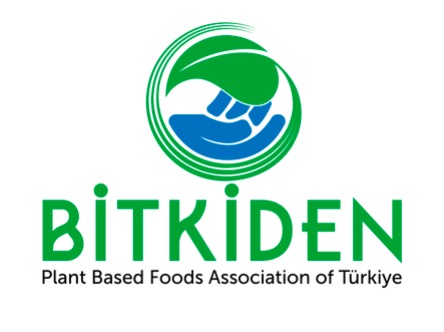- CO2 is the most important greenhouse gas, but it is not the only one—agriculture is a major source of methane and nitrous oxide greenhouse gases. To calculate all greenhouse gas emissions from food production, researchers express them in kilograms of carbon dioxide equivalent. This measurement takes into account not only CO2, but all greenhouse gases.

- Producing one kilogram of beef generates 60 kilograms of greenhouse gases (CO2 equivalent), whereas peas produce only 1 kilogram per kilogram. In general, animal-based foods tend to have a higher footprint than plant-based foods.
- For most foods—and especially the largest sources—the majority of greenhouse gas emissions come from land use change (shown in green) and processes at the farm stage (brown). Farming-stage emissions include processes such as both organic (“manure management”) and synthetic fertilizer application, and enteric fermentation (methane production in cattle stomachs). Together, land use and farming-stage emissions account for over 80% of most foods’ carbon footprints.
- Eating locally raised beef or lamb has a much larger carbon footprint than most other foods. Whether it is raised locally or shipped from the other side of the world makes little difference in terms of total emissions. Transportation typically accounts for less than 1% of beef’s greenhouse gas emissions: eating locally has very little impact on the total footprint.
https://ourworldindata.org/food-choice-vs-eating-local – 2022
- According to the Food and Agriculture Organization of the United Nations (FAO), meat and dairy products account for approximately 14.5% of global greenhouse gas emissions. Scientists state that if the world wants to meet the goal of keeping global warming “well below” 2°C, some dietary changes will be necessary.
- The clearing of tropical forests leads to the release of carbon stored for long periods. (Tropical deforestation accounts for approximately 8% of global greenhouse gas emissions.)
- Grazing cattle require abundant sources of forage; this means farmers often use nitrogen fertilizers on their fields to promote plant growth. Nitrogen fertilizer production causes emissions of CO2 and the potent greenhouse gas nitrous oxide (N2O).

- The analysis shows that a global shift to veganism would yield the largest emissions savings achievable through any dietary change.
- According to the analysis, transitioning to veganism could save approximately 8 billion tons of CO2e per year by 2050 compared to the “business as usual” scenario. (For comparison, all food production currently causes approximately 13.7 billion tons of CO2e per year.)
- The analysis indicates that the second-highest emissions savings would come from a global shift to vegetarianism, which includes about one serving of meat or fish per month. Adopting this diet could save approximately 6 billion tons of CO2e per year by 2050, according to the analysis.
- This is followed by a transition to “flexitarianism,” a diet in which three-quarters of meat and dairy products are replaced with plant-based alternatives. According to the analysis, a global shift to this diet could save just over 5 billion tons of CO2e per year by 2050.
https://interactive.carbonbrief.org/what-is-the-climate-impact-of-eating-meat-and-dairy/index.html – 2020
